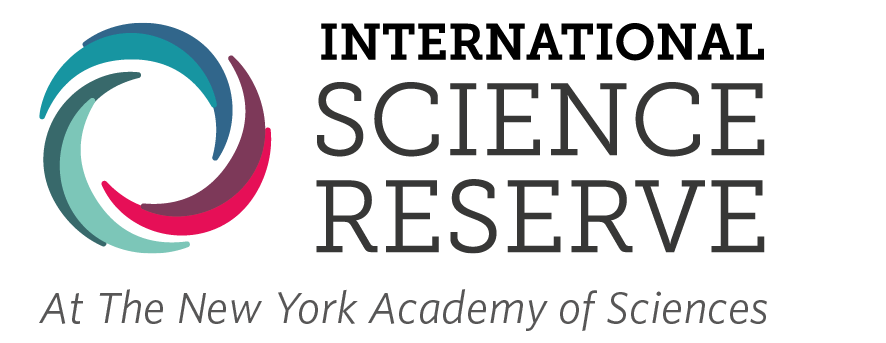Scope of the International Science Reserve (ISR)
What types of crises does the International Science Reserve respond to around the world?
The world faces many potential crises, and the ISR will not respond to all crises, but those it does address will be determined using the following three criteria:
- Global impact: The crisis type includes events of a transnational scale that affect many countries.
- Complexity and novelty: The crisis type requires solutions far beyond any one country’s scientific capabilities and national science policy contexts to respond.
- Ability to contribute to solutions through science: The crisis type is one where scientists can make a difference using key resources that the ISR can help mobilize, like IBM’s Geospatial Discovery Network.
More information can be found on the How We Declare a Crisis page.
How is a crisis declared?
The International Science Reserve team conducts detailed research and analysis. ISR’s Executive Board, Executive Committee members, partners, and advisors are regularly reviewing which crises will fall within the scope of our work.
More information can be found on the How We Declare a Crisis page.
Collaborating with the ISR
Why is now the right time for the International Science Reserve?
The unprecedented impact of human activity on the planet is causing more complex, novel, and often transnational crises. As we have seen from COVID-19 and the recent impacts of more intense storms, good preparation and prompt response, free of the burden of conflicting interests and politicization, are crucial to identify the problem quickly and provide solutions for effective response and mitigation.
How is the International Science Reserve different from what other organizations do?
Many existing global multilateral, bilateral, non-governmental, and private sector organizations specialize in humanitarian relief, including specific phases of multiple crises, often connected to or coordinated by the United Nations Office for the Coordination of Humanitarian Affairs (OCHA), which helps the United Nations and governments of disaster-affected countries during the first phase of a sudden-onset emergency. Others focus on responding to a specific type of crisis, such as the World Health Organization (WHO). Numerous university centers, think tanks, and other entities are focused on crisis preparation and policy.
The value of the ISR is our singular focus on the role of scientific research in complex global crises, and our ability to mobilize scientists and scientific institutions across borders and disciplines to collaborate and contribute. The ISR does not compete with humanitarian response efforts. We can help them by providing rapid, equitable access to and deployment of scientific resources, like IBM’s Geospatial Discovery Network, to address complex crises.
Supporting access to resources and crisis preparedness
When a crisis occurs, what impact is the International Science Reserve expected to have?
The structure of the ISR is flexible and able to adapt to needs before, during, and after a complex global crisis. Our role is to strengthen the capacity of the global community to respond to complex global crises by:
- Facilitating access to specialized scientific and technical resources, like IBM’s Geospatial Discovery Network, to accelerate responses;
- Conducting scenario planning exercises to increase preparedness and anticipation of impacts; and
- Convening and coordinating scientists from around the world to build institutional memory in crisis management and response.
The ISR is increasingly coordinating with institutions and key stakeholders around the world, engaging a “crisis community” to build shared understanding of the role of science and science policy in response and recovery.
What is a readiness exercise?
Readiness exercises are well-recognized in emergency management for strengthening individuals, organizations, and countries’ preparedness and response to major, often rare crises.
Readiness exercises can vary from short digital games to online crisis scenario planning. ISR’s readiness exercises ensure that the scientific community knows how to engage with – and use the resources of – the ISR in case of a crisis. Read more about crisis preparation.



